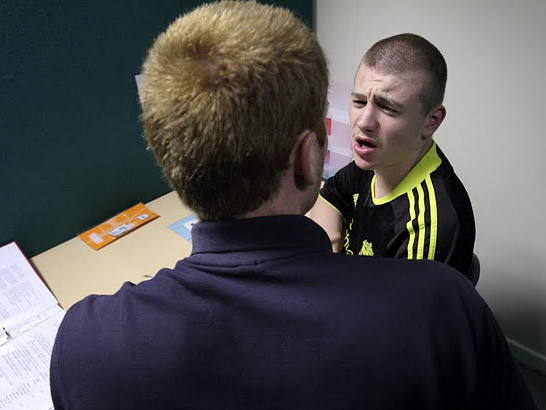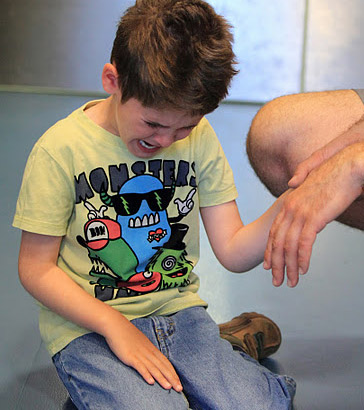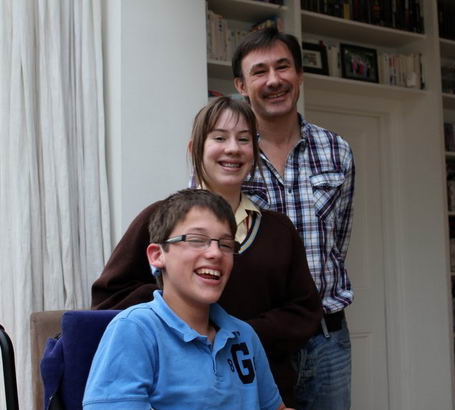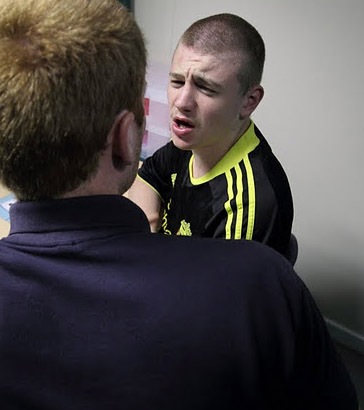
The ecological approach often sits alongside a developmental approach to child development and assessment of skills. Ecology has numerous different definitions in human sciences, but in a very general sense, ecology has been defined as an organism's interaction with its environment (Mäki, 1994).

The Ecological Model or ecological perspective has its
origins in Bronfenbrenner's Ecological Systems Theory of Human Development (1979). It provides a framework to understand the
multiple influences - or risk and protective factors - that impact on children. According to Bronfenbrenner (1989), how a
child develops is a function of interactions between the individual child and his or her environment over the period of time
that the child is developing. The model takes a systems perspective on family functioning, and it provides a framework for
understanding how critical factors that influence development nest together within a hierarchy of four levels: the socio-cultural
level ('macro-system' factors); the community ('exo-system' factors); the family ('micro-system' factors); and the level of
the individual parent or child ('ontogenic' factors).
Owens, 2010

Intervention programmes need to see families in the context of their communities and assist families in finding the supports they need to effectively promote the development of their child (Spiker, Hebbeler and Malik, 2005).

The presence or absence of supports and opportunities
in the community can enhance the family's sense of well-being or, alternatively, act as a stressor. Communities with high
rates of unemployment, violent crime, and lack of high quality child care will make parenting a young child with a disability
more challenging. Families' capacity to meet basic needs for food, housing, and transportation are somewhat dependent on where
they live. The extent to which the community provides supports for general family functioning will affect the development
of all young children in the community but could be especially important for the development of young children with disabilities.
Spiker, D., Hebbeler, K. and Mallik, S. (2005) 'Developing and implementing early intervention
programs for children with established disabilities'.

The child and family exist within a series of complex contexts including their:
- History
- Values
- Culture
- Ethnicity
- Structure
- Home routines
- Community activities
- Child disability
- Child age
- Economic status
- Geographic location.
(McWilliam, 2010)

...Finally, service coordination is also influenced by
the existing system infrastructure. The infrastructure is made up of multiple organisations, agencies, and programmes that
can facilitate or hinder effective service coordination. Although funding is an important piece of the infrastructure, other
aspects of the infrastructure are equally important (e.g. personnel development, service coordination, caseload). Families,
service providers, and service system infrastructure are embedded within community contexts, all combining to influence not
only the nature of service coordination but also the consequent outcomes as well.
Bruner, 2005

Service providers and coordinators possess:
- Attitudes
- Values
- Knowledge (of resources and recommended practices)
- Previous experiences
- Training
- Skills.
(McWilliam, 2010)

Consider the characteristics of both families and your school which impact on the service that your school offers families.
How are they addressed and reconciled within your school?
Take one of your school policies. What elements within it take account of 'family ecology'? How could it be rewritten to enable the principles of family ecology to be further integrated within it?

Bruner, M.B. (2005) Service coordination and integration in a developmental systems approach to early intervention, in: Guralnick, M. (ed.) The Developmental Systems Approach to Early Intervention, Maryland: Paul Brooks.
Maki, I. (1994) Ecological approach and early intervention, in: Leskinen, M. (ed.) Family in Focus: New perspectives on early childhood special education, Jyvaskyla: University of Jyvaskyla.
McWilliam, R.A. (2010) Working with Families of Young Children with Special Needs, New York: Guilford Press.
Owens, S. (2010) An Introductory Guide to the Key Terms and Interagency Initiatives in Use in the Children's Services Committees in Ireland, Dublin and Belfast: Centre for Effective Services.

Spiker, D., Hebbeler, K. and Mallik, S. (2005) Developing and implementing early intervention programs for children with established disabilities, in Guralnick, M. (ed.) The Developmental Systems Approach to Early Intervention, Maryland: Paul Brooks.